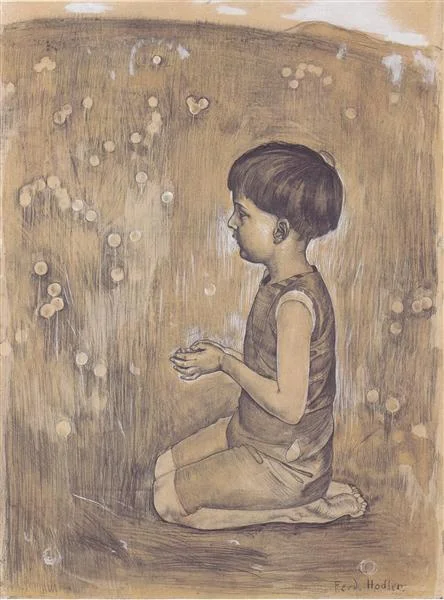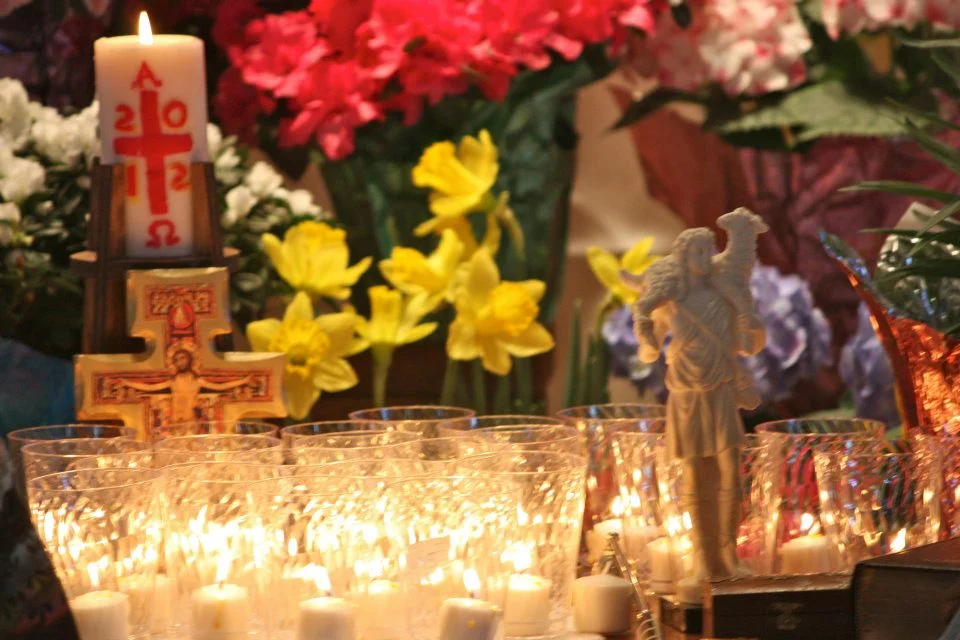Many times the inverse of a thing is not its opposite. Also, sound psychological principles (such as: the importance of boundaries, or the typical dynamics in an abusive relationship, or how to overcome addictions, or the stages of grief etc.) are similar to other expressions of folk wisdom (“a stitch in time saves nine” or “a bird in the hand is worth two in the bush,” etc.) – they’re *mostly* true, but they cannot be viewed as facts. Human beings and human actions tend to fall outside of categories. People, situations, and interactions can surprise us. This is why we learn much, much more about human psychology from reading good literature than we do from reading psychology text books (or from memorizing cliches).
We find something so satisfying in thinking that we have, finally, the “answer.” But this is a trap.
Something analogous happens within Catholicism. People study doctrine or theology in an attempt to have clear answers. Then they apply what they’ve learned and feel as though they understand the ways of God.
Read more…





